30-Minute Naps Make You 7 Years Younger, New Study Shows
New reproach suggests taking a midday nap can have a positive benefit on brain function.

A new study shows that taking regular half-hour naps could slow age-related shrinkage of the brain, the equivalent of making you up to seven years younger. It’s the first study that suggests taking a midday nap can have a positive benefit on brain function. Read on to find out what they discovered, and about another recent study that warns napping more than a certain amount each day could make you fat.
1
Habitual Napping = Larger Brain Volume
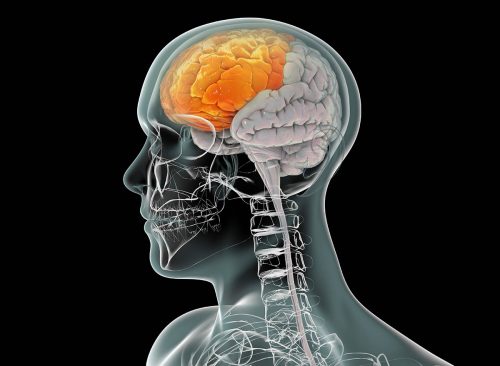
For the study, published this week in the journal Sleep Health, researchers at University College London looked at the health information of nearly 400,000 people in the UK between the ages of 40 and 60. The scientists found that people who were genetically predisposed to take naps had larger brains. Larger brain volume is associated with good brain health, including a lower risk of dementia.
The researchers wrote they had discovered “a modest causal association between habitual daytime napping and larger total brain volume.” Frequent daytime nappers had brains that were equivalent to 2.6 and 6.5 years younger than those who didn’t nap.
2
Time to End Napping Stigma?
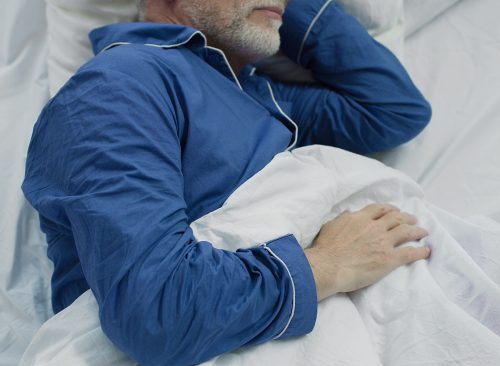
“This is the first study to attempt to untangle the causal relationship between habitual daytime napping and cognitive and structural brain outcomes,” said Valentina Paz, the study’s lead author. “Our study points to a causal link between habitual napping and larger total brain volume.”
“Our findings suggest that, for some people, short daytime naps may be a part of the puzzle that could help preserve the health of the brain as we get older,” said senior author Dr. Victoria Garfield of UCL. “I hope studies such as this one showing the health benefits of short naps can help to reduce any stigma that still exists around daytime napping.”
3
Sleep-Related DNA Examined

Other studies have found that napping has positive cognitive effects. People who took a short nap performed better on cognitive tests immediately afterward than those who didn’t nap. So the researchers wanted to see if there was a relationship between daytime napping and brain health. Researchers looked at 97 snippets of DNA believed to determine people’s tendency toward daytime napping.
4
Nappers Have Bigger Brains
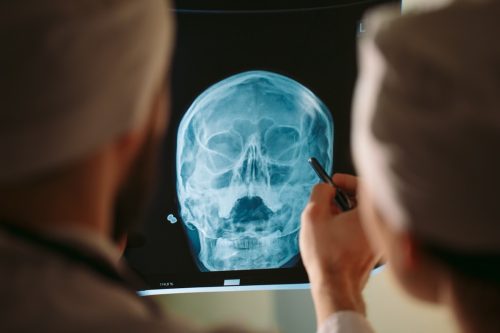
MRI scans revealed that people who were predisposed to be daytime nappers had brains that were, on average, 15.8 cubic centimeters bigger than those who didn’t nap. However, there was no link between napping and the size of the hippocampus, the region of the brain responsible for executive functions such as memory and learning.
5
Study Limitations: Nap Duration, Ethnicity
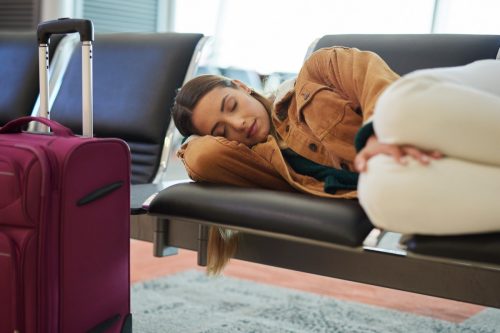
The researchers weren’t able to pinpoint exactly how long a person should nap to gain brain benefits, but Garfield noted that previous studies have found that up to 30 minutes of napping can be beneficial, and napping earlier in the day is less likely to disturb nighttime sleep. Another limitation of the study: All participants were of white British ancestry, so results may vary for people of other ethnicities.
6
Naps This Long Might Make You Fat

But don’t linger in bed all afternoon ( if you have that opportunity). Another recent study, published this month in the scientific journal Obesity, found that people who took naps longer than had a 2% higher body mass index that non-nappers. They also had a 23% higher risk of obesity and a 40% higher risk of metabolic syndrome, a group of medical conditions that increase the risk of cardiovascular disease.
7
Short Naps Are Good For You
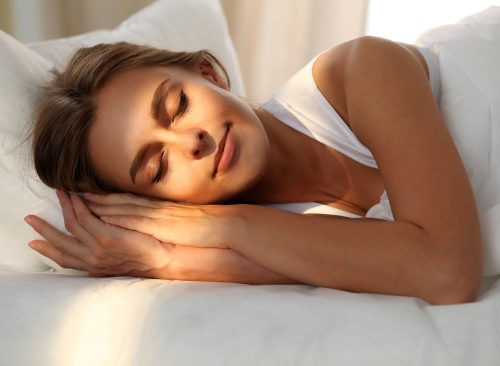
The study also found that people who napped for less than 30 minutes had a 21% lower risk of high blood pressure. “Long naps are associated with an increase in the body mass index of metabolic syndrome, triglycerides, glucose and blood pressure,” said Marta Garaulet, study author and professor of physiology at the University of Murcia in Spain. “In contrast, when the nap is short, we see it associated with a decrease in the probability of having high blood pressure, so in a way, the nap becomes protective.”














